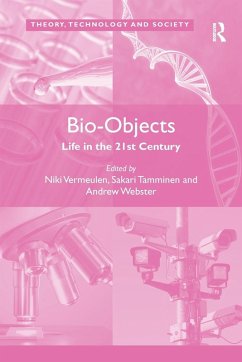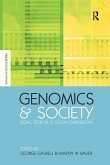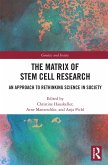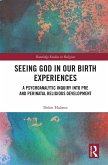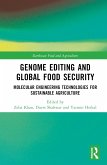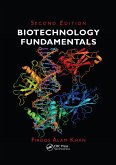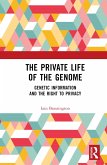Increasing knowledge of the biological is fundamentally transforming what life itself means and where its boundaries lie. New developments in the biosciences - especially through the molecularisation of life - are (re)shaping healthcare and other aspects of our society. This cutting edge volume studies contemporary bio-objects, or the categories, materialities and processes that are central to the configuring of 'life' today, as they emerge, stabilize and circulate through society. Examining a variety of bio-objects in contexts beyond the laboratory, Bio-Objects: Life in the 21st Century explores new ways of thinking about how novel bio-objects enter contemporary life, analysing the manner in which, among others, the boundaries between human and animal, organic and non-organic, and being 'alive' and the suspension of living, are questioned, destabilised and in some cases re-established. Thematically organised around questions of changing boundaries; the governance and regulation of bio-objects; and changing social, economic and political relations, this book presents rich new case studies from Europe that will be of interest to scholars of science and technology studies, social theory, sociology and law.
Prize: Awarded the Olga Amsterdamska Award, 2012, European Association for the Study of Science and Technology. The Amsterdamska award is made for the most creative collaboration in an edited book in the broad field of science and technology studies. 'Firmly anchored in the field of science and technology studies, this collection invites us to follow bio-objects through the way they challenge the boundaries of the living and their associated social, legal and ethical issues.' Bioethique Online 'In 1923, the artist Man Ray created Object to be Destroyed, a provocation against "art" that, ironically, he never destroyed. When, in 1957, Parisian students at a Dada exhibition destroyed the piece, Ray used the insurance to make multiple copies. Compare the bio-objects inventively theorized in this book: icons of the instability of "life" but also symbols of its enduring multiplicity.' Stefan Helmreich, Massachusetts Institute of Technology, USA 'This engaging and wide-ranging book introducing the concept of "bio-objects" makes a substantial contribution to the social study of bioscience and biomedicine through a series of empirically rich case studies in which this term is put to productive use. Bio-Objects convincingly adds an important new term to the study of how life is being remade through technology.' Sarah Franklin, University of Cambridge, UK

